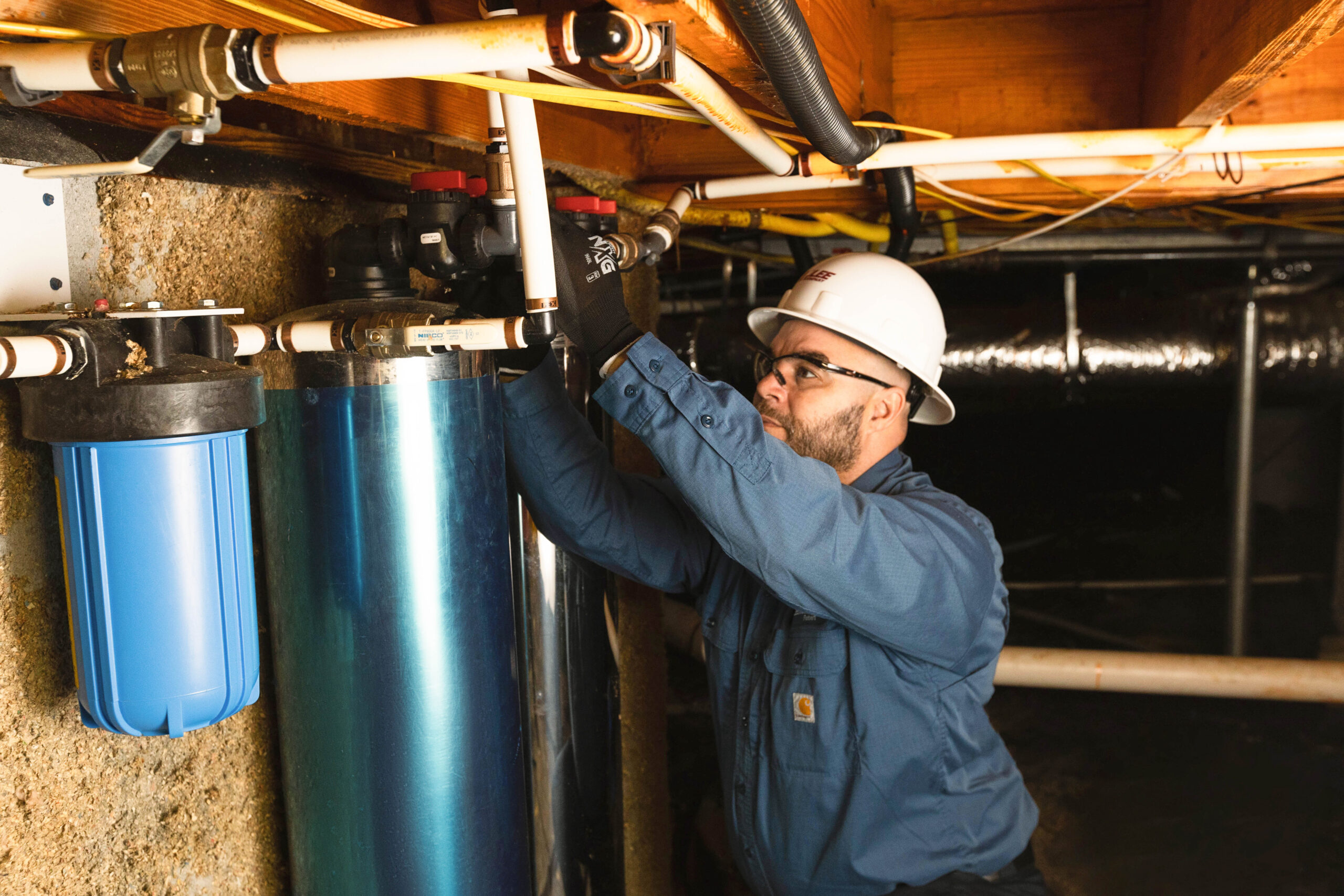What Does It Mean
To Work in A
Skilled Trade?
To Work in A
Skilled Trade?
A skilled trade is a profession that requires specialized knowledge, hands-on skills, and technical expertise. These careers involve working with tools, machinery, and equipment to build, repair, or maintain essential systems. Skilled trades are the foundation of the world around us. If it’s a building, the trades built it. From infrastructure and manufacturing to maintenance and repair, skilled trade professionals keep communities running. Some examples of skilled trades include electricians, plumbers, HVAC technicians, welders, carpenters, machinists, and automotive technicians.
We design, build, and maintain essential home and building systems; everything behind the walls, in the attic, and beneath the floors. While much of our work goes unseen, you’d notice if it wasn’t there. Imagine a day without heat in the winter, air conditioning in the summer, running water, or electricity. When a pipe freezes and bursts, it’s a skilled plumber who steps in to make things right.

Why Should You Learn A Skilled Trade?
Choosing a skilled trade is more than picking a job—it’s choosing a career with purpose, security, and endless potential. Here’s why:
-
- Job Security: Skilled trades are in high demand, with a growing shortage of qualified professionals. These careers are essential, hands-on roles that can’t be automated—making job security a given.
- Competitive Pay and Growth: Skilled trades offer strong starting wages with higher earning potential as you gain experience. Many roles provide overtime pay, bonuses, and steady career advancement.
- Hands-On , Practical Work: Love working with your hands and seeing immediate results? Skilled trades give you the satisfaction of building, fixing, and creating something tangible.
- Faster Path to a Career: Why wait four years to start earning? With vocational training and on-the-job learning, you can enter the workforce sooner. And guess what? We offer free training through our accredited Lee Company University (LCU), so you can earn while you learn.
- Variety and Mobility: The skills you learn in a trade open doors to varied work environments and career paths. From residential projects to large-scale commercial builds, your career can grow wherever you go.
- Personal Satisfaction: There’s nothing quite like fixing a problem or completing a project and seeing the direct impact of your work. Trades offer a fulfilling sense of accomplishment with every job well done.
- Lifelong Learning: Technology is changing the way we work. In skilled trades, continuous learning is part of the job; keeping your work engaging, dynamic, and rewarding.
Ready to Get Started?
Your future in skilled trades starts here. Join us, and you’ll receive the tools, training, and support to build a stable, successful career—all while making a tangible impact on the world around you.
